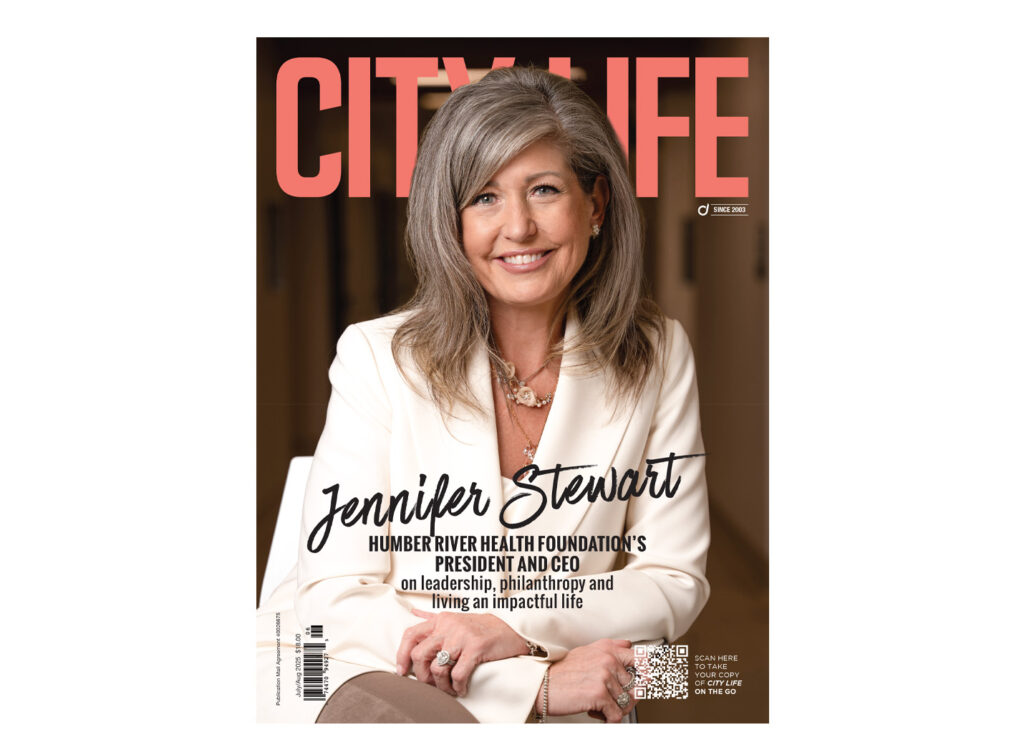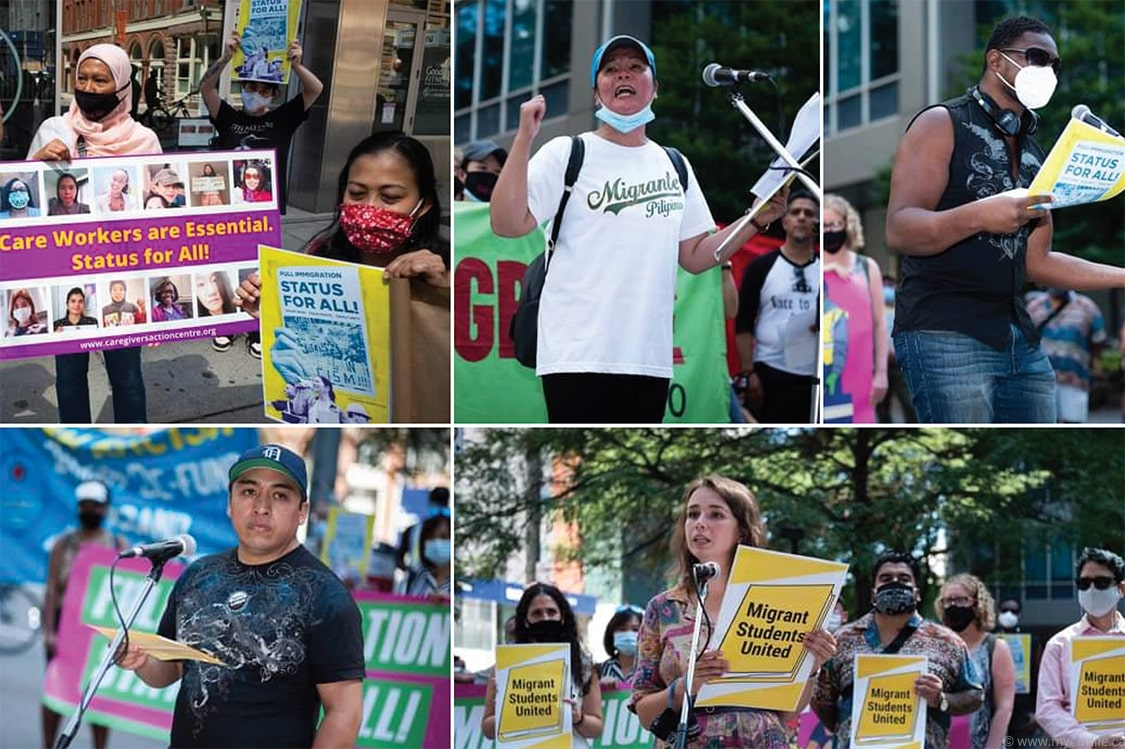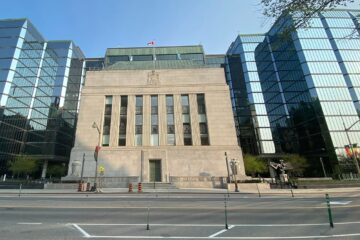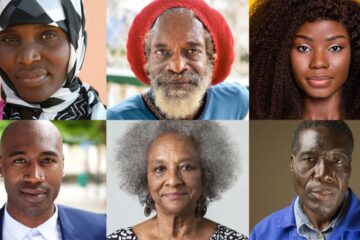The Systemic Racism Toward Migrant Farm Workers
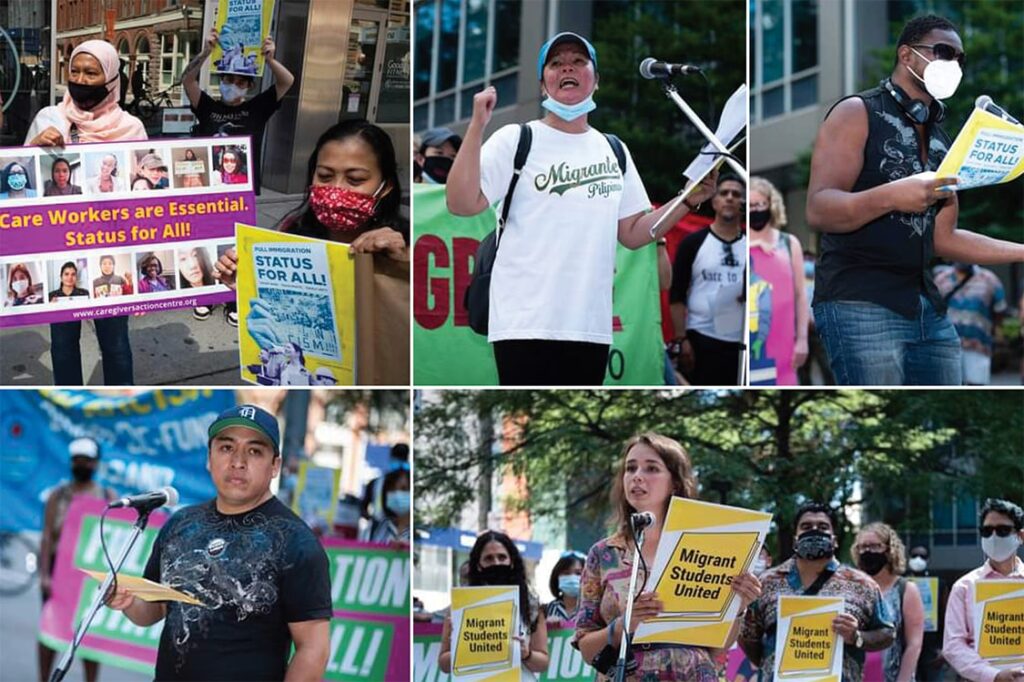
Ever since migrant farm workers have been allowed to work seasonally in Canada, they have had to adhere to a different set of rules than the rest of Canadian workers, limiting their rights and stopping them from attaining Canadian citizenship. This story follows Mexican migrant worker Luis Gabriel Flores, as he fights for the rights of all migrant workers.
Most of our kitchens are filled with fresh, healthy fruits and vegetables that Canadians rely on to ensure their families are eating well-balanced meals. However, the majority of us are not aware of the history of our fridge’s contents. Beyond our trip to the grocery store, we have little idea of their back stories. What farms did they come from, and were they Canadian? Who are the people who slave over the fields, picking food so we can live our best lives? The answer is, migrant farm workers. And this is their story, which really needs a happier ending
COVID-19
Over the decades, there have been myriad reports, publications, testimonials and media stories that have raised red flags about how Canada’s temporary immigration system breeds abuse and exploitation of migrant farm workers. These warnings have been ignored. As COVID-19 ravaged communities across Canada, migrant workers again raised the alarm about their plight with many federal and provincial agencies, which continued to look the other way. According to the United Food and Commercial Workers Union (UFCW), “the COVID-19 pandemic has intensified an existing predicament and has brought to light and into mainstream knowledge the many injustices migrant farmworkers have been facing in Canada for over 20 years.” Chris Ramsaroop, an organizer with Justice for Migrant Workers, explains that “at the start of the pandemic, we tried to raise our concerns to the media regarding the impact opening borders would have, but this was met with silence. Sadly, it is only when the COVID-19 numbers began to skyrocket, and there were three deaths, that the larger community began to take notice.” One of the examples the media and Canadians were reading about and watching has been the case of migrant farm worker Luis Gabriel Flores, who anonymously reached out to The Globe and Mail, and the Toronto Star with his story. The following letter he wrote to Canada’s Minister of Immigration, Refugees and Citizenship, Marco Mendicino, illustrates the systemic racism, terrible living conditions and slave-like labour migrant workers live with each and every day, before and during the pandemic.
THE LETTER
I was punished for speaking up for my rights. Today, I am here to say to you and the media that I am not afraid. That I deserve dignity. Th at all of us deserve dignity. Th at all migrants need full and permanent immigration status immediately.
My name is Luis Gabriel Flores. I come from Mexico City. I’m 36 years old. I have been in the Seasonal Agricultural Workers Program (SAWP) for 6 years, and I have worked in Canada for four seasons. My family depends on me — my wife, two daughters, and a mother with disabilities who just had a major operation for which we still owe money. I came to work on Scotlynn Farm. The houses were in poor condition; communal bathrooms are shared by many workers and household items are in very poor condition. There was very little space in the rooms and in the houses; it was impossible to keep distance.
At work they pressured us a lot. They never let us rest. They watched us as if we were slaves. It was impossible to keep distance in the field or in the packinghouse, and we were mixed with workers from other houses. The employer never gave us protective gear — no gloves, no masks, no antibacterial gel.
Several of our co-workers began to show symptoms, including Juan López Chaparro, with whom I shared a house. Those who were getting sick alerted the foremen and asked for medical attention. They ignored us, and never did anything for those who were getting sick other than giving them some medicine like Tylenol. It was not until the workers themselves called an ambulance for a co-worker who was in serious condition that the employers began to pay attention. On Saturday, June 20, Juan died.
When we got tested (before Juan died), 199 of us were positive for COVID-19, including me. Five of our co-workers ended up in the hospital. I was very unhappy with the conditions and mistreatment that led to this crisis and that is why I spoke to the press anonymously to shed light on what was happening. I spoke to The Globe and Mail on June 10 and the Toronto Star on June 13. I decided to stay home the day after Juan had died. It was then the owner of the company, Robert Biddle Jr., accused me of having spoken to the press in a video and that he would be sending me back to Mexico at dawn.
Scotlynn Group’s president and CEO, Scott Biddle (Robert’s father), told The Globe and Mail that Flores’s account is “completely untrue.” He said Flores decided to return to Mexico because he was afraid of the virus and wanted to tend to his ill mother. City Life also called Mr. Biddle for a statement but he never returned the call.
According to Syed Hussan, executive director of Migrant Workers Alliance for Change (MWAC), Flores left the farm once he was fired and has been put up by a supporter in co-ordination with MWAC. On July 30, Flores filed an anti-reprisals claim to the Ontario Ministry of Labour for $40,401.35 and delivered a letter to Minister Mendicino’s office to call for full and permanent immigration status for him and his temporary co-workers. His lawyer explained that the legal action is for financial compensation for the loss of wages. “We are also seeking pain and suffering damages for the impact of being fired.” He added that his client is looking to get an open work permit as he doesn’t want to return to the farm that does not care for its workers.
THE RALLY
To this day, Flores remains in Canada, on a tied work permit that only allows him to work for Scotlynn. The permit is set to expire on November 30, 2020. At this time, Flores has no permanent housing or permanent income. He is anxious about how he will support his family back home.
Even though Flores is possibly at his lowest point emotionally and financially, he showed up on August 23, 2020, for a rally outside a government immigration office in Toronto. As a one of the key speakers, Flores intensely criticized the treatment of migrant workers during the pandemic.
The event was planned by MWAC, which believes migrant workers should be given the same status and benefits as Canadian citizens. Hussan articulated the underlined and unique issues migrant workers are always dealing with: “Migrant workers have lost lives and have lost their livelihoods due to COVID-19.” Hussan says Ontario migrant workers need to demand more protection from the federal government amid the COVID-19 pandemic.
Hundreds of migrant workers in the province have tested positive for the virus over the past few months, and three have died.
Like a politician campaigning, Flores rallied the protestors: “The employers are given too much power against the workers. It makes it impossible to defend ourselves.”
Another speaker at the rally, Marisol Bobadilla, a former short-term foreign worker, spoke about her frustration over the self-censorship migrant workers inflict upon themselves: “We are scared to complain and lose our job, because losing our job means losing a better life for our families.”
Flores is set to have a mediation trial next week. Flores is looking for $40,000 to cover his expenses and time spent not working. If an agreement isn’t reached, both parties will appear in court on September 14, 2020.
THE HISTORY OF MIGRANT WORKERS
One of the topics Ramsaroop was passionate about discussing with City Life was the history of migrant farm workers in Canada. He detailed that in post-Second World War Canada, Dutch farm workers arriving here had no restrictions. They were able to arrive in Canada with permanent residency. Moreover, Polish Second Word War veterans only had to work for two years before they could apply for residency. Ramsaroop touched on the impetus for systemic racism against migrant farm workers: “The arrival of migrant labour from the Caribbean mirrored racist exclusionary immigration practices that Canada used to deny admission to other communities since our country’s inception. Whether it’s Chinese migrants to the West Coast, South Asian labourers or African-Americans from Oklahoma, Canada utilized both overt and covert policies and regulations to exclude workers from the global South.”
Ramsaroop also discussed Vic Satzewich’s book, Racism and the Incorporation of Foreign Labour: Farm Labour Migration to Canada Since 1945. The book contains letters that were found in the archives of Canada from bureaucrats regarding the arrival of migrant workers from the Caribbean. The book cites five reasons to be concerned regarding migrant farm workers: Caribbean labourers could not handle the cold weather; the federal government nor employers wanted migrants to gain access to Canada’s social safety net, whether it’s Employment Insurance or welfare; they were concerned that their arrival would lead to race riots in rural Ontario; they did not want the men having interracial relationships with white women; and with seasonal workers, they were concerned that they would be unemployed during nonseasonal periods.
Ramsaroop then explained the back story of the Seasonal Agricultural Worker Program (SAWP), which was introduced to Canada in 1966. Migrant farm workers from Jamaica arrived first, followed by workers from other parts of the Caribbean and finally, Mexican workers came to work in Canada. They were tied to one employer and had no labour and no social mobility. At the end of the season, they had to return home. For the Caribbean workers up until recently, 25 per cent of their earnings were kept in a compulsory savings scheme that the workers could only access when they returned home, and the workers to this day cannot apply for permanent residency.
A SUMMARY OF THE REPORT BY MIGRANT WORKERS ALLIANCE FOR CHANGE
According to a recent report by MWAC, “We are releasing a report of complaints on behalf of over a thousand migrant workers and their organizations that were unheeded by federal and provincial authorities and consulates in advance of the recent COVID-19 outbreaks. This shocking report provides a snapshot of the abuses faced by migrant farm workers, including stolen wages during quarantine, being forced to work while awaiting COVID-19 test results, racist threats, decrepit housing and inhumane treatment. The report situates these abuses in a long history of prior warnings made by migrant workers about Canada’s temporary immigration and labor laws.”
The report indicates that every year, Canada accepts more than 50,000 migrant agricultural workers to work its farms and fields. The workers can apply via three different streams: SAWP, the Agricultural Stream and the stream for low-wage positions. Ironically, none of these programs offers a path to permanent residency in Canada.
The MWAC report also points out the systemic racism migrant farmers have dealt with during and before COVID-19. The use of security guards policing the migrant workers combined with the employer’s use of racial slurs and verbal abuse are a very dangerous situation. This employer threat — united with racism faced by workers in the community — generates a level of extreme uncertainty for these workers. MWAC received reports of a local grocery store in Delhi, Ont., that declined to deliver groceries to 10 workers at a local farm. In another example, workers raised grievances about being asked to show documents prior to being allowed to enter grocery stores. This increased racism and xenophobia directed against migrant workers have made their lives even harder during the COVID-19 pandemic.
INTIMIDATION, SURVEILLANCE AND RACISM DURING COVID-19
According to the report, workers detailed increased racism from employers, local shops and some community members, who treated them as if they were “disease carriers” — even in situations where workers arrived prior to COVID-19. In all, 209 migrant workers reported amplified intimidation, observation and threats from employers, often under the pretext of COVID-19 protocols. Grievances among Spanish-speaking and English-speaking workers are largely consistent, and complaints about threats were excessively higher for Caribbean workers who are mainly black men (19.7 per cent of Caribbean workers, as compared to 12.8 per cent of Spanish-speaking workers). Racism — specifically, anti-Black racism — underpins the workers’ experience.
THE UNITED FOOD AND COMMERCIAL WORKERS UNION
According to the UFCW, “The extreme vulnerability of migrant agricultural workers is the result of deficiencies and discrimination ingrained in current immigration and workplace law. Currently, immigration law creates a captive migrant workforce through the use of closed work permits, and workplace law excludes agricultural workers form essential workplace rights, protections, and entitlements.”
Hussan has pleaded that, “for years, we have called on the federal government to stop tipping the scales against migrant workers, to stop giving employers complete control over workers’ lives. All migrants must have the power to protect themselves, to speak up, to leave abusive and dangerous situations, and that means full immigration status for all is essential. The federal government needs to send a signal to migrant and undocumented people across the country today. What happened to Flores will not be tolerated.”
Can you imagine a Canada without migrant farm workers? A country where we didn’t have an abundance of produce in grocery stores? If our government doesn’t change the systemic racism toward these workers, inevitably, they may not want to risk their lives to fill our homes with a never-ending stream of fruits and vegetables. It’s time to change the ending of this story.
